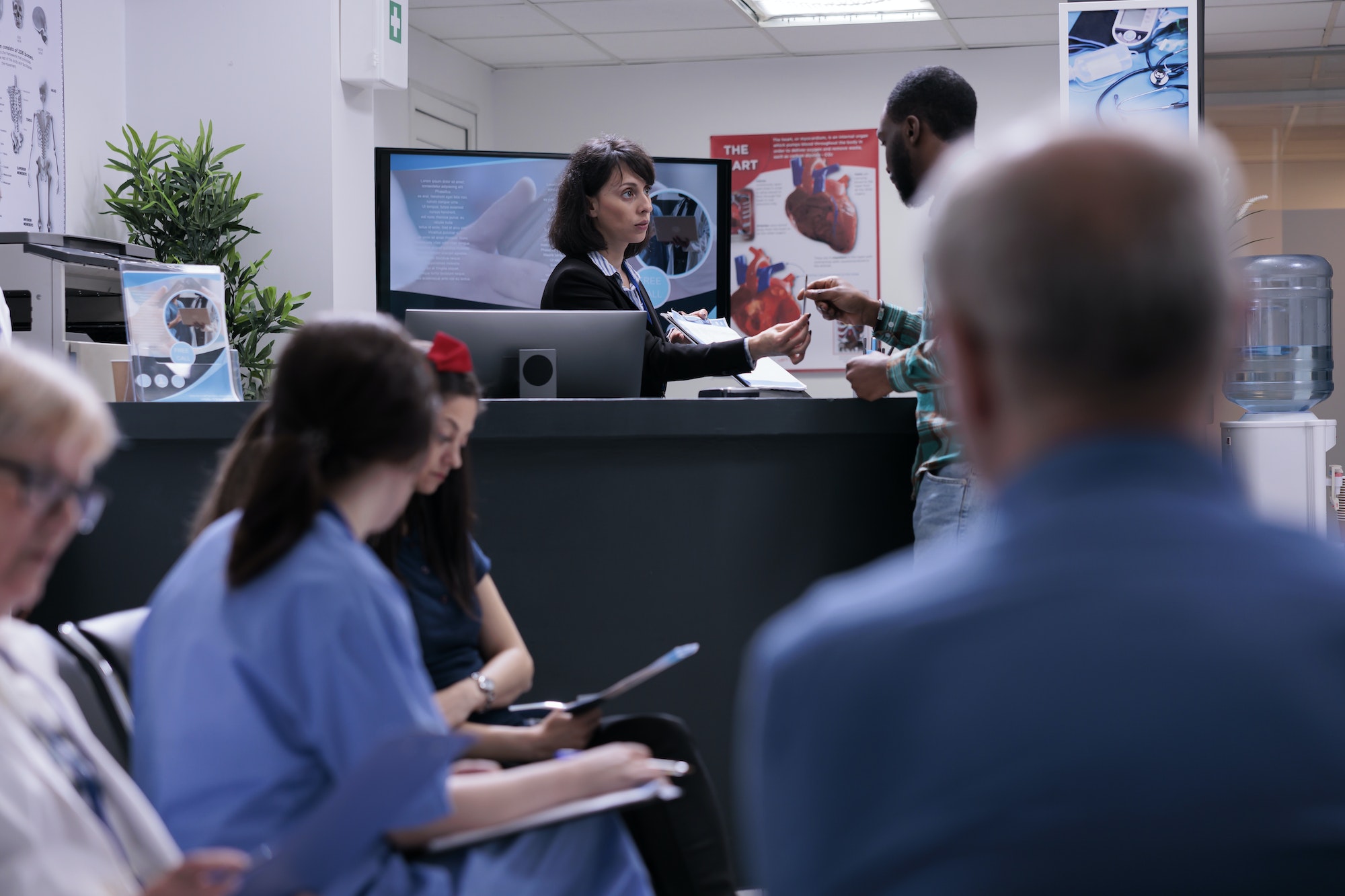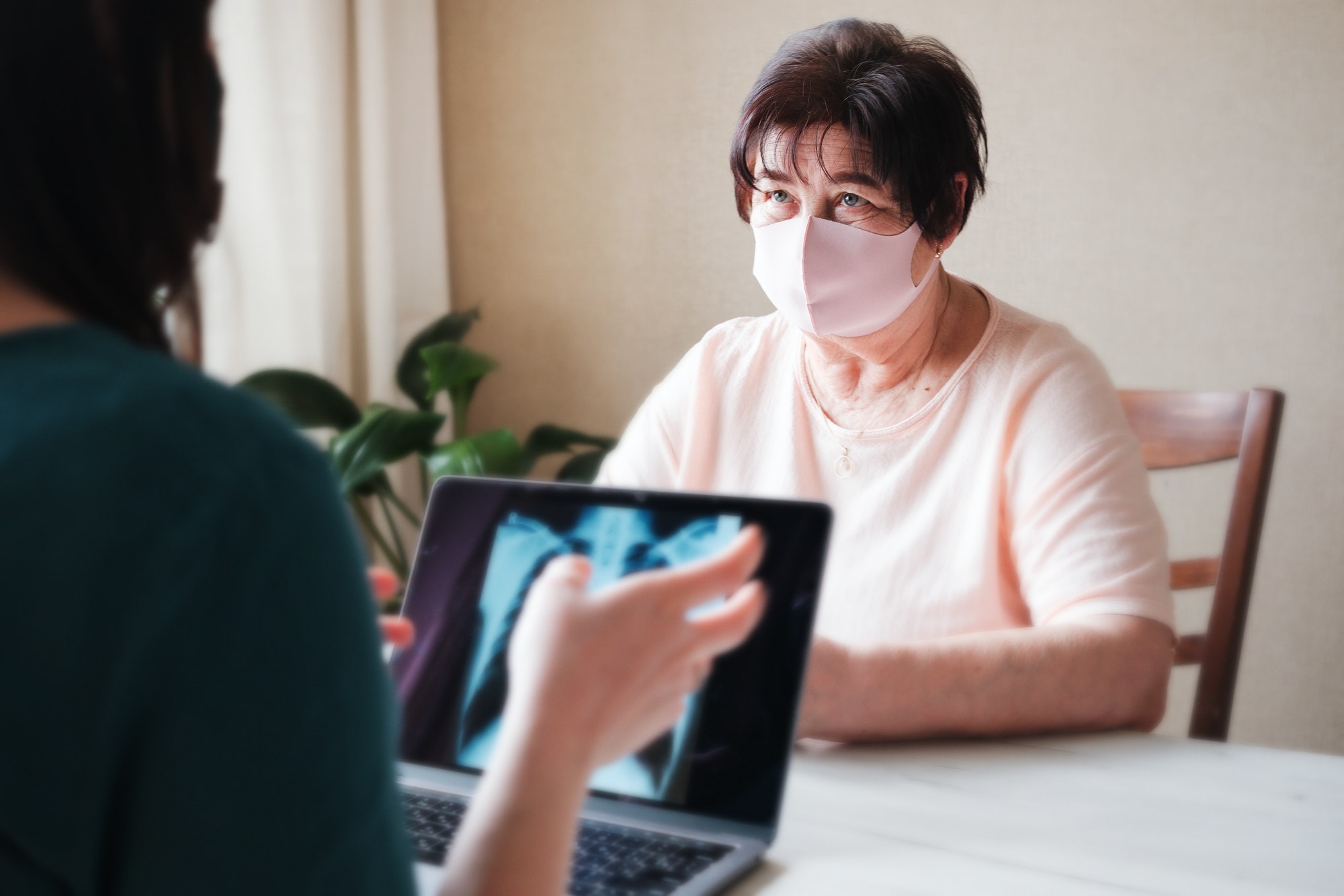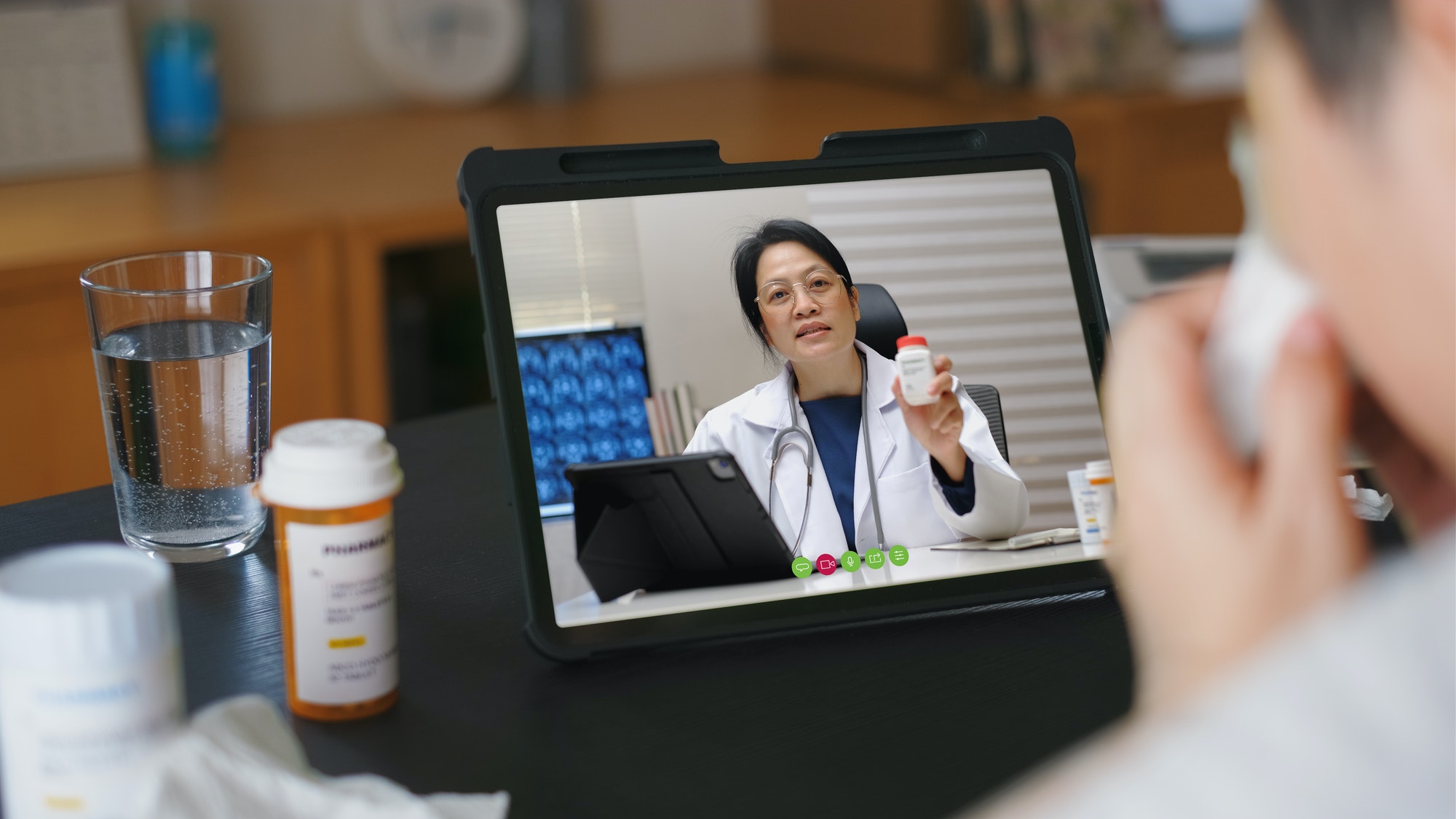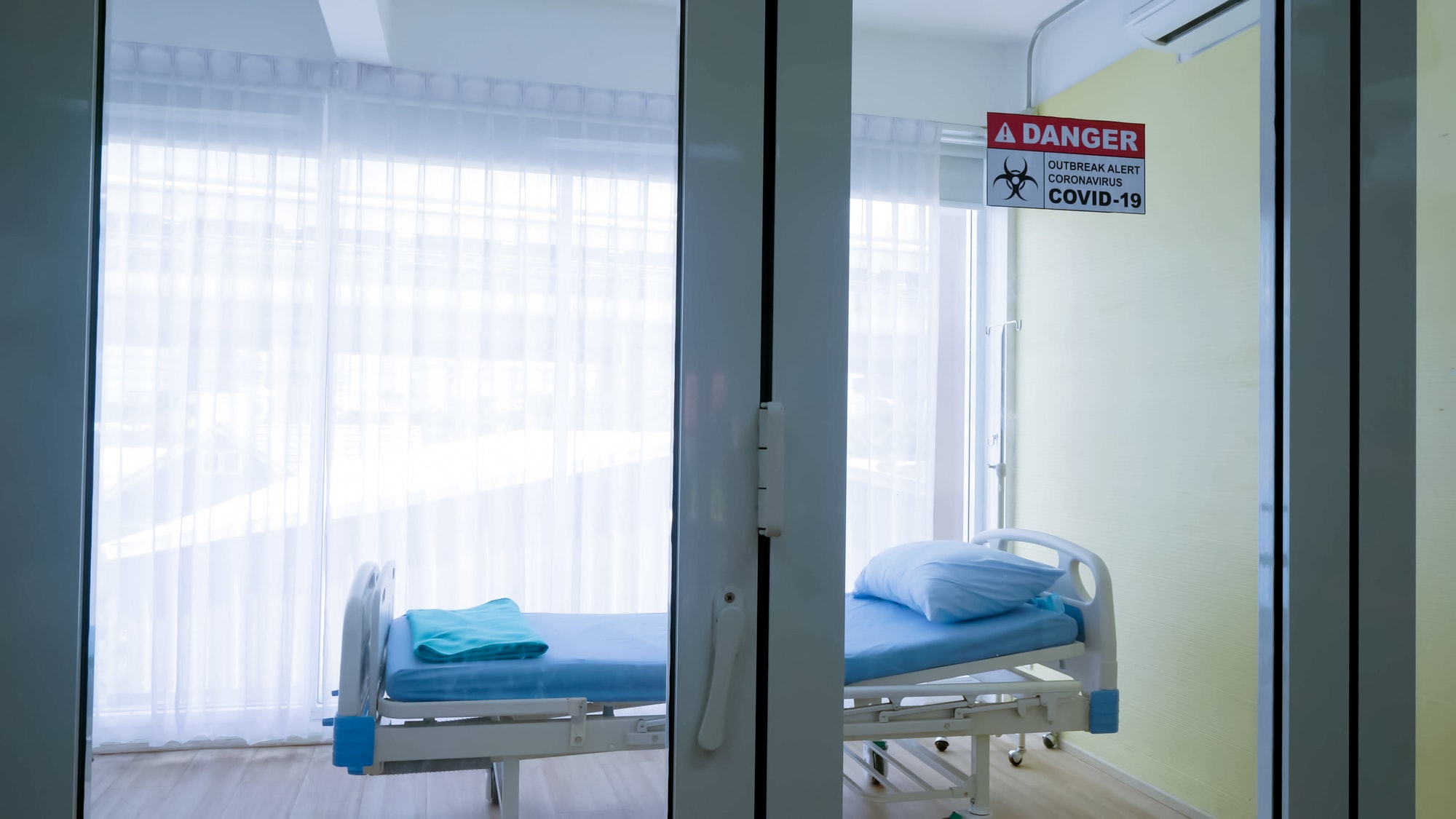DISCLAIMER: The below blog entry was written by an outside, unrelated party and does not necessarily express the opinions or views of or associated with the RemoteICU brand or the individuals associated with the RemoteICU brand. The blog is not necessarily endorsed or supported by RemoteICU nor was the entry reviewed and accepted by individuals associated with RemoteICU. The blog entry is provided simply to address and create interest in topics of import related to telemedicine. Your own independent research and decision-making and seeking of expert / professional opinions are required before you make any decisions whatsoever or form any opinions with respect to any topics addressed therein. By reading the blog entry, you consent to accepting the terms and conditions in this disclaimer.
The thought or topic of a hospital ICUs (Intensive Care Units) raises feelings of fear and vulnerability in many. However, knowledge is power, and understanding more about ICUs, especially the benefits of TeleICU solutions, can put you at ease should you or your loved ones ever need to visit an ICU.
Questions about ICUs
The following are general questions about an ICU. Let’s dive in:
Is it possible to save an ICU patient?
This question is probably most recently linked to the COVID-19 pandemic. However, in general, the life and death of a patient do not depend on whether they are in ICU or hospital wards. Instead, outcomes depend on the clinical events occurring. These events include patient care provided before the ICU, a patient’s disease stage, or their criticality when admitted.
ICUs play a vital role in increasing patient survival rates due to the available emergency equipment, 24/7 intensivist staffing and monitoring, and more.
Q. What is the mortality rate of ICUs?
According to expansive research on ICU outcomes statistics by one large health system, the ICU is generally a hospital’s highest mortality unit. While statistics vary, this research reports 4 million annual ICU admissions in the US, with an average mortality rate of 8-19%, or about 500,000 deaths.
Q. How did the Covid-19 outbreak impact ICUs?
Covid-19 was an unforeseen, worst-case scenario for hospitals with many critically ill patients needing ICUs. As a result, healthcare providers were thrust into the frontline trying to contain the virus and overwhelming influx of patients requiring ICU intubation, monitoring, and management – not to mention the risk of infection for an already overworked critical care medical team.
The situation was dire in large hospitals and worse in rural clinics. Open ICU beds were in short supply, as were pulmonary and other life-saving equipment. A more severe problem was staff not being adequately trained in intubation procedures. Critical care intensivists are trained for high-intensity life or death situations to avoid patient deterioration. This Intensivists had to adapt instantly to patients’ needs without past references. The only solution was to harness modern technology, particularly TeleICU (Intensive care unit telemedicine) solutions.
Questions about TeleICU
Q. Why are there different names for telehealth services?
A. There are several generic abbreviations describing remote telehealth services that provide hospital ICU patients with access to 24/7 medical care. These terms include Tele-ICU (TeleICU), telehealth ICU, virtual ICU, telecritical care, and eICU (electronic intensive care unit). All generally refer to remote command centers staffed with ICU physicians and nurses using advanced AV and other technology to communicate with on-site hospital caregivers. In other words, the remote delivery of healthcare services.
Q. Can TeleICU help save lives?
A. Studies have shown that access to remote patient monitoring and ICU physicians and staff improves patient outcomes and length of stay (LOS) in ICUs. Primary reasons include the ability of off-site command centers to provide a high level of care, allowing quicker discovery of health issues and moving patients faster down the care chain, accelerating recovery.
The potential of life-saving support from instantly accessible intensivists is also significant for lower-capacity or outlying hospitals, nursing homes, and other health systems serving lower-income groups. Another aspect is that TeleICU is helping US hospitals address the massive problem of board-certified physician shortages.
Q. Has COVID boosted TeleICU implementation?
A. Before COVID, TeleICU uptake was slow. However, the pandemic quickly proved its myriad benefits. These benefits included off-site physicians providing bedside caregivers with ventilation management and cardiac life-support expertise. During Covid, meeting PPE requirements slowed time-critical processes and placed responders at risk. However, eICU intervention and support mitigate delays. Additionally, by safely making virtual rounds to manage and monitor patients and report emergencies, eICU minimalized virus exposure for on-premises caregivers. Isolated patients also appreciated the human interaction.
Overall, TeleICU services enable hospitals to improve patient care and fill gaps in ICU units. The aim is to allow hospitals to show individuals and their families that patient safety and outcomes are their top priority.










































